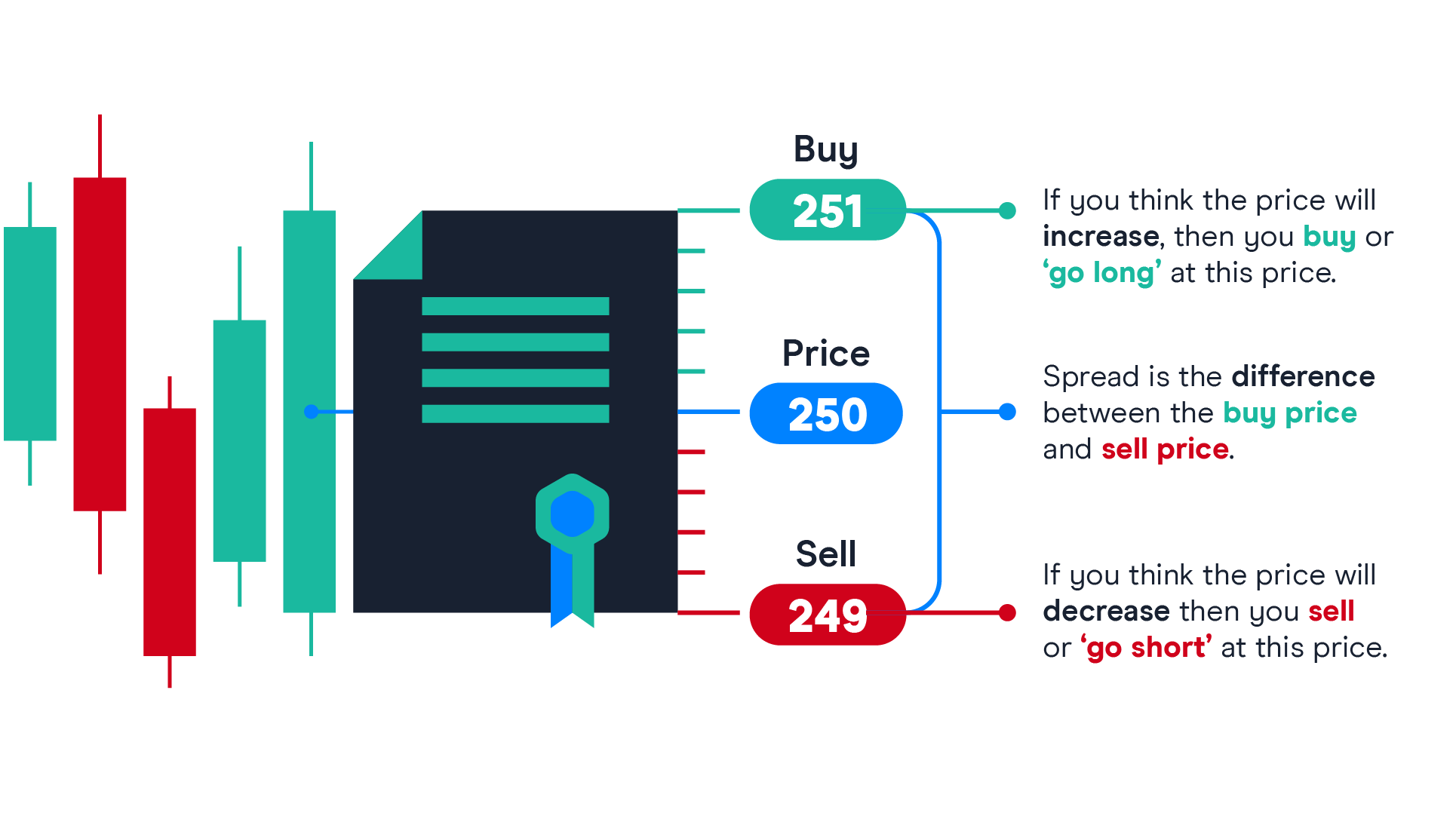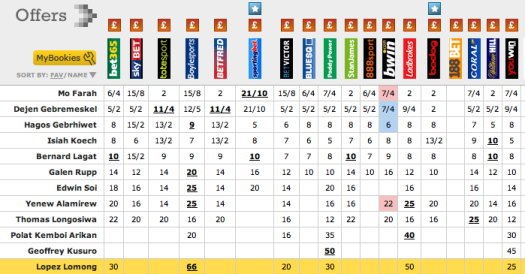Spread Bets Explained
Understanding the different types of betting options is crucial when you’re getting a start as a first-time sports bettor.
The Point Spread: Betting the spread
For those new to sports betting, the point spread is the simplest, most straightforward approach to placing wagers.
Sports books set a predetermined margin of points on a game and a team must win – or not lose – by that set number. That’s why you’ll often hear people say the team won, but they “didn’t cover the spread” so their bet still came up short.

It’s not a matter of a team winning or losing like in a moneyline bet.

So, that means that if you bet $100 on the Celtics to win, you will win $200. This is the original amount that you wagered, plus profit. And, it is quite a profit. As you can see, betting against the odds can earn you quite a profit. However, the odds of this type of bet paying off are much lower than if you bet on the team favored to win. What does “spread” mean as a sports betting term? An abbreviation for “point spread” or another term for “line.”The “spread” is the betting line or odds used to determine the.
For a favorite: The favorite must win by more than the point spread.For an underdog: The underdog must outright win OR lose by fewer than the point spread.Sports books aren’t in the business of predicting who will win or lose games. Their goal is setting a pre-game point spread with the intention to generate an equal amount of betting action/volume on both sides of the ledger – as much total money being bet on the favorite as on the underdog.
The vast majority of point spread wagers are made on football and basketball because of the proliferation of points that are scored in comparison to sports like baseball and hockey, where 1-0 or 2-1 games aren’t that out of the question or out of the norm. There’s one every night.
For example, the New England Patriots are playing the New York Jets and New England is a 9½-point favorite. Bettors typically have to spend $110 or so to win $100 with sports books, known as “the house edge/advantage.” With a point spread bet, simply having a team win the game isn’t the key. The critical factor to betting a point spread is how much a team wins or loses by. If a wager is placed on New England – “laying” the 9½ points – the Patriots need to win the game by 10 or more points for that bet to pay off. If New England wins 28-20, those betting on the Jets plus 9½ points (points added to their final total) win the bet.
The same general rules apply for basketball and are quite easy to follow because of the inherent simplicity of the bet. When it comes to betting sports like baseball and hockey, the standard bets are made on the “money line” – an established number for both teams to win the game outright.
What makes point spread bets attractive are the fluid nature of each game – it’s a reality show that, when done right, is inexplicable. Games change on one play and momentum is a thing. But, when it comes to point spread betting, you know where you stand at every moment.
For those just starting out, the simplest form of gambling is betting the spread because it’s the easiest to explain and understand, which explains why it is the most popular form of sports wagering.
“Wait, why does this NFL team have a -235 next to its name? What’s with New England Patriots (-15) vs. Miami Dolphins (+15)? Help! HEEEELPPPP!”
If that sounds like you, we’re here to assist you. If you’ve stared at a board at a sportsbook or just seen spreads and moneylines on the Internet and been utterly confused, don’t worry. It’s not just you. Those numbers can be confounding.
But hopefully, once you’re done reading this, you’ll completely understand how they work. As you prepare to dive into the world of sports betting, here’s a breakdown of how the lines work, starting with …
Spreads
It would be really easy to bet on a game if you could put money on a heavy favorite to win.
That’s where point spreads come in. Let’s look at an example:

Philadelphia Eagles (-4.5)
New York Giants (+4.5)
In this case, you can bet on either two outcomes: you can put money on the Eagles to win the game by 4.5 points OR MORE, which makes them the favorites. Or you can bet that the Giants will either win or lose by LESS THAN 4.5 points. They’re the underdogs.
Now, sometimes the spread “moves” during the days leading up to the game. Perhaps the Eagles’ spread ends up being -3.5 (in which they must win by 3.5 points or more to give you a victory in your bet). Your bet all depends on whichever spread you bet on, whether it was when the Eagles were favored by 4.5 or 3.5 points.
If you ever see “PK” or “pick” next to a team, it means there’s no spread and you can bet on who will win, no matter what the score is.

Moneylines
Let’s take that same example above but use moneylines:
Philadelphia Eagles (-200)
New York Giants (+150)
The team with a minus symbol is the favorite, and the number is how much money you would need to bet to win $100. In this case, you would have to bet $200 on the Eagles in order to win an additional $100.
The Giants are the underdogs. If they’re +150, that means you could bet $100 to win $150.
Note that you can bet any amount you want, but those numbers are always calculated and posted the same way, either in how much money you would need to wager to win $100 or how much money you could win by wagering $100.
Point Spread Bets Explained
Odds
If you’re betting on something like the team who will win the Super Bowl in the future, you might see it look like this:
New England Patriots — 3/1
How Does Spread Betting Work
Baltimore Ravens — 5/1
Spread Explained Football
Kansas City Chiefs — 8/1
If you were betting on the Patriots and their 3/1 odds, you would win $3 for every $1 you spend. So if you bet $50 on the Pats and they ended up winning the Super Bowl, you’d win $150 (plus your original wager) back.
Good luck!